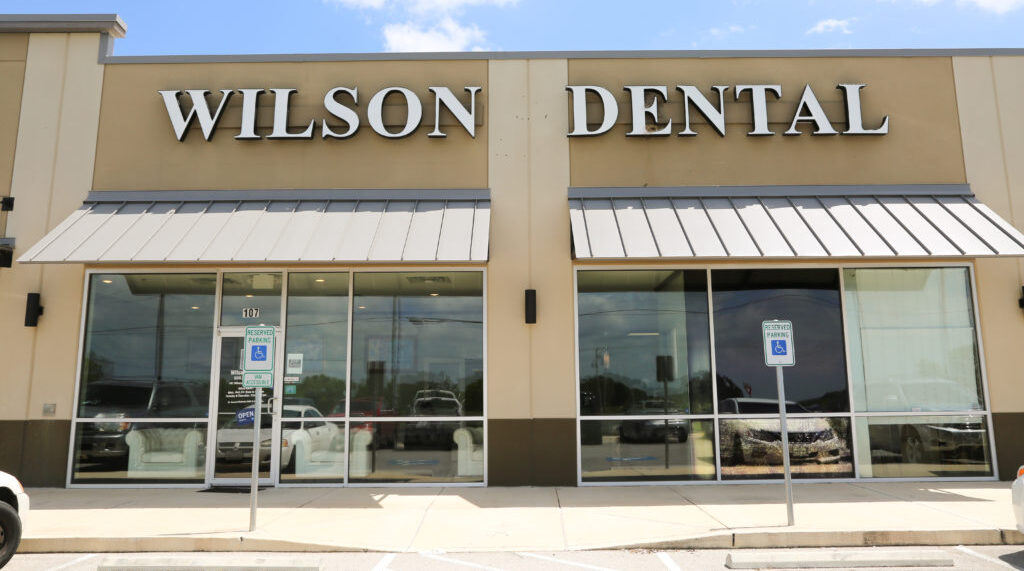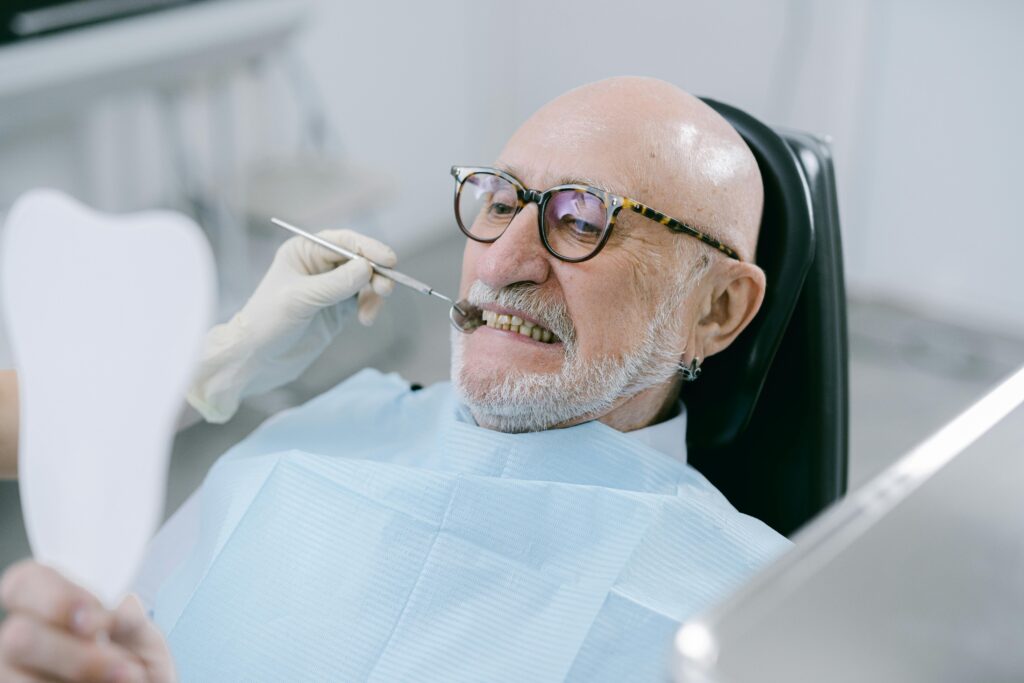Your smile is one of the first things people notice about you, and it plays a big role in making a great first impression. If you’re unhappy with the way your teeth look, cosmetic dentistry can transform your smile and boost your confidence. With a variety of treatments available, it can be overwhelming to decide which one is best for you. Veneers are one of the most popular options, but how do they compare to other cosmetic treatments like teeth whitening, bonding, and crowns? This blog will help you explore veneers and how they stack up against other cosmetic dental procedures so you can make an informed decision.
What Are Veneers?
Veneers are thin, custom-made shells that are bonded to the front surface of your teeth to improve their appearance. They are typically made from porcelain or composite resin, and they can be used to correct a wide range of cosmetic issues, including discolored, chipped, misaligned, or irregularly shaped teeth.
One of the main benefits of veneers is their versatility. They can completely transform your smile, making them a popular choice for people who want a long-lasting, dramatic improvement. Veneers are also resistant to staining, so they maintain their bright, natural-looking appearance for many years.
However, getting veneers is an irreversible process because a small amount of enamel must be removed from the surface of your teeth to make room for them. This means that once you have veneers, you’ll always need them, or you’ll need to replace them if they become damaged or worn out.
How Veneers Compare to Other Cosmetic Treatments
While veneers can deliver stunning results, they aren’t the only option when it comes to enhancing your smile. Other cosmetic treatments like teeth whitening, dental bonding, and crowns can also address different dental issues. Here’s a closer look at how veneers compare to these options:
1. Teeth Whitening
Teeth whitening is one of the most common and least invasive cosmetic treatments. It involves applying a bleaching agent to your teeth to remove stains and brighten their color. If your main concern is discoloration, teeth whitening may be the quickest and most affordable option. There are both in-office and at-home whitening options available.
Pros of Teeth Whitening:
- Non-invasive procedure
- Affordable compared to other treatments
- Quick results, often seen in a single appointment
- Enhances the overall brightness of your smile
Cons of Teeth Whitening:
- Does not fix other issues like chips, gaps, or misalignment
- Results are temporary and may require regular touch-ups
- Cannot whiten teeth with intrinsic stains (stains inside the tooth)
Veneers vs. Teeth Whitening:
If you’re only concerned about the color of your teeth, whitening is a simpler and cheaper solution. However, if you also want to address other imperfections, such as chips, gaps, or irregular shapes, veneers are the better option because they offer a more comprehensive cosmetic improvement.
2. Dental Bonding
Dental bonding involves applying a tooth-colored resin to the teeth to repair minor flaws like chips, cracks, or gaps. It’s a minimally invasive procedure, as it typically requires little to no removal of the natural tooth structure. Bonding is usually used for minor cosmetic changes and is more affordable than veneers.
Pros of Dental Bonding:
- Non-invasive and reversible
- Affordable compared to veneers
- Can be completed in a single visit
- Effective for minor cosmetic issues
Cons of Dental Bonding:
- Less durable than veneers, may chip or stain over time
- Needs more frequent touch-ups
- Not as natural-looking or long-lasting as veneers
Veneers vs. Dental Bonding:
If you only have minor cosmetic issues, bonding may be a good option. However, veneers are more durable and provide a more dramatic transformation. Veneers also offer a more natural appearance and better resistance to staining, making them a superior choice for a long-lasting and flawless smile.
3. Dental Crowns
Crowns, or caps, are used to cover a damaged or weakened tooth, restoring its shape, size, and appearance. They are usually made of porcelain or ceramic, providing strength and durability. Crowns are often used for teeth that are severely damaged or decayed, as they offer more protection than veneers.
Pros of Dental Crowns:
- Provides full coverage and protection for damaged teeth
- Durable and long-lasting
- Can improve the appearance of teeth while also restoring function
Cons of Dental Crowns:
- More invasive than veneers, as more of the tooth must be shaved down
- Typically more expensive than other cosmetic treatments
- Takes more time, usually requiring two visits
Veneers vs. Dental Crowns:
Crowns are a better option if you have a tooth that is severely damaged or weakened, as they provide full coverage and protection. However, if you’re looking for a less invasive solution to purely cosmetic concerns, veneers are a better choice since they preserve more of your natural tooth structure.
Factors to Consider When Choosing a Cosmetic Treatment
When deciding which cosmetic dental treatment is best for you, there are several factors to consider:
- Your Dental Health:
If your teeth are healthy but you want to improve their appearance, veneers, teeth whitening, or bonding may be suitable. If you have damaged or weakened teeth, crowns may be necessary to restore both function and appearance. - Your Budget:
Cosmetic treatments vary in cost, with teeth whitening and bonding generally being more affordable than veneers and crowns. It’s important to consider your budget when choosing the right treatment. - Your Desired Results:
If you’re looking for a complete smile makeover, veneers are the best option for a dramatic, long-lasting transformation. If you’re only concerned with one aspect of your smile, like discoloration or a chipped tooth, a less invasive treatment like whitening or bonding may be sufficient. - Longevity:
Veneers and crowns offer more durability and longer-lasting results than bonding and whitening. If you’re looking for a solution that will last for many years without frequent touch-ups, veneers or crowns may be a better investment. - Invasiveness:
Some treatments, like veneers and crowns, require the removal of tooth structure and are irreversible. If you prefer a minimally invasive option, bonding or whitening may be more appealing.
Ultimately, the best cosmetic dental treatment for you depends on your unique needs and goals. Veneers offer a comprehensive solution for those looking to address multiple aesthetic concerns, while teeth whitening, bonding, and crowns each have their own advantages depending on the severity of the issue you’re trying to correct. Consulting with a cosmetic dentist will help you determine the right treatment plan to achieve your dream smile.




